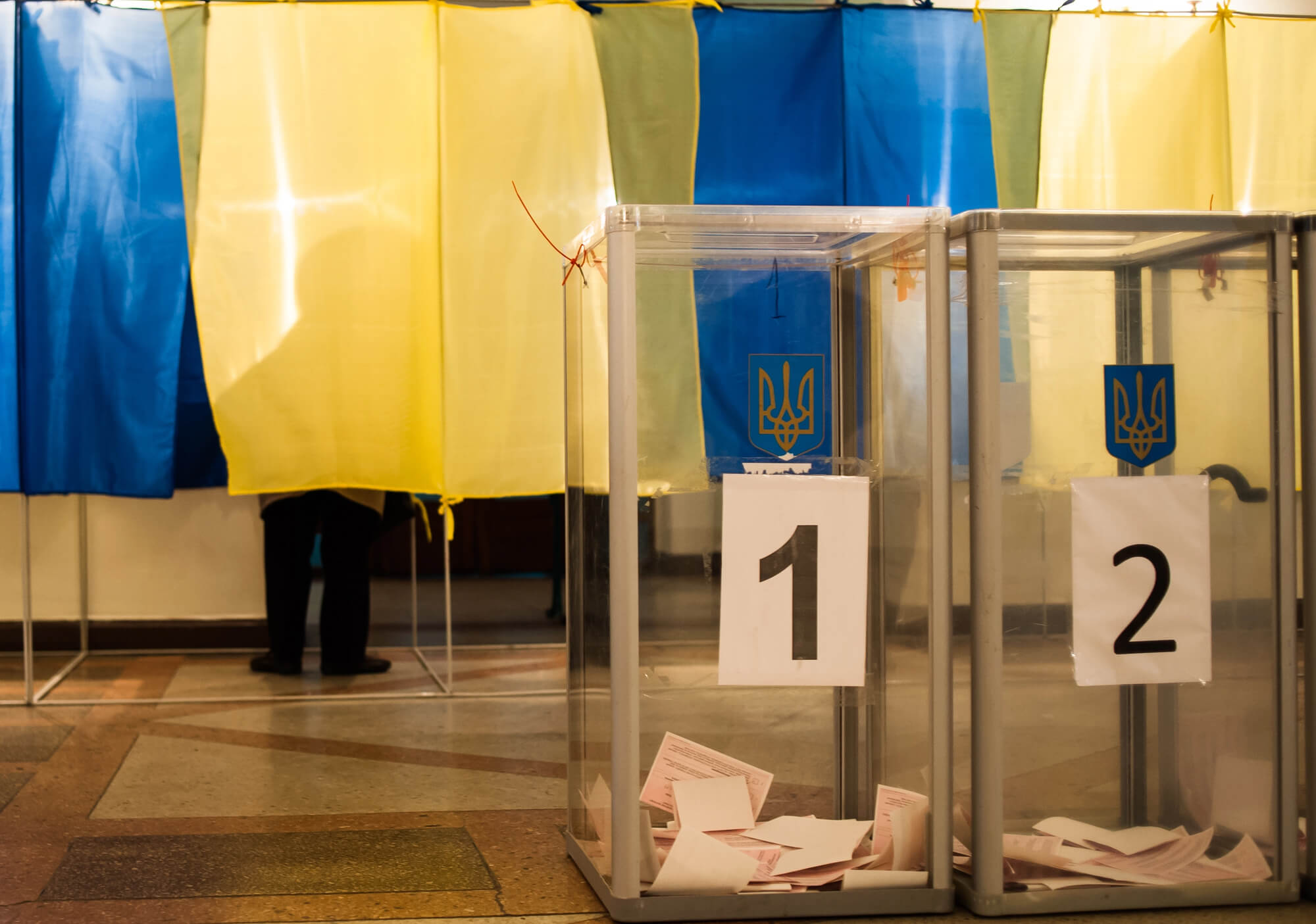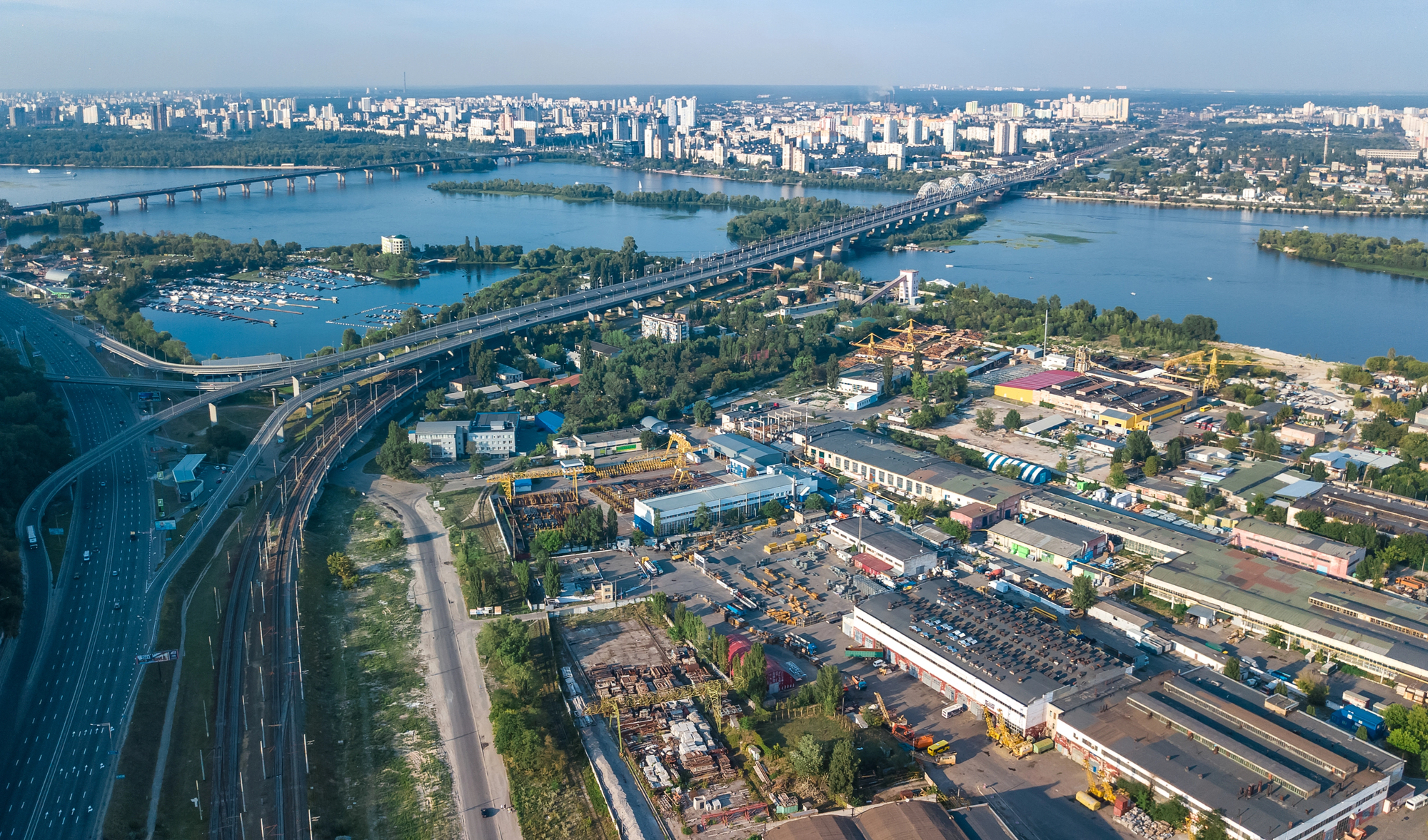Oligarchs are powerful in many formally democratic countries, not only in Ukraine. Latin America is one region where politics is defined by weak states and the omnipresence of oligarchs who infiltrate state and political institutions to protect their wealth. The experience of Latin America can thus offer a number of lessons about the political role that oligarchies play in young democracies, their implications for democratic development, and the alternatives available for society to reduce oligarchic influence.
For Linz and Stepan (1996), democracy is a ‘form of governance’ in a modern state, in which political and civil rights are guaranteed and protected for everyone. Nevertheless, the conditions under which rights are exercised are not automatically generated by merely holding free, transparent and competitive elections (Schumpeter, 1942; Dahl, 1971). In order to defend and protect the effective exercise of citizenship, democracy is said to need a viable state with bureaucratic competence, strong fiscal capacity, and control over the territory over which it claims sovereignty (Linz & Stepan, 1996; Przeworski, 1995). Thus, besides the citizenry internalising democratic practices and values, a consolidated democracy is defined by the existence of an effective state. If new democracies are to ever consolidate, democratization should be accompanied by reforms ‘strengthening’ state capacities.
Latin America has never had effective states, and democratic transition of the 80s-90s has not represented a significant change in this regard. All countries in the region therefore suffer from a ‘democratic deficit’; whether as bureaucracies capable of enforcing the law, as taxation systems with redistributive goals, or as monopolisers of the use of force and control over the national territory. To a large extent, this is due to the pervasiveness of oligarchic politics. While democracy is about equality, transparency and accountability, oligarchic politics is exclusionary and seeks immunity from the state (Foweraker, 2007). Oligarchic influence has been deeply connected to the processes of integration of these economies into international markets since colonial times. For centuries, commodity-exporting elites have dominated land ownership and Latin American economies have remained dependent on the export of raw materials. Latin America is the most unequal region in the world; 10 per cent of the Latin American population owns 70 per cent of the wealth (ECLAC-Oxfam, 2016). Even in Chile, one of the best performing democracies of the region, the income of the richest 10 per cent is 25 times larger than that of the poorest 10 per cent.
Although commodity-exporting elites have long wielded significant economic and political influence at the expense of the bulk of population, economic disparities worsened with the implementation of neoliberal reforms in the 1980s and 1990s. In particular, business groups benefited from the privatization of state enterprises. During these years, traditional oligarchies agreed to the implementation of formal democracy, provided that their prerogatives and access to state institutions were maintained. For instance, the Chilean constitution guaranteed the military and traditional oligarchies significant representation and authority in the current Congress. Thus, despite the establishment of competitive and free elections throughout Latin America, political institutions remained largely biased towards oligarchic interests.
Oligarchic influence also extends to political parties and legislatures of the region. In the multiparty presidential systems of Latin America, it is very difficult for any president to establish working legislative coalitions without the support of oligarchies. Presidents who are reluctant to negotiate with traditional oligarchies face the risk of being removed from office. For instance, in 2012 left-wing President Fernando Lugo of Paraguay was impeached and deposed not only because he lacked a strong majority in Congress, but also because his agenda, which included a sweeping agrarian reform, threatened the interests of traditional landed elite. Even President Hugo Chavez in Venezuela was briefly deposed in 2002 and temporarily replaced by Pedro Carmona, former president of the country’s main chamber of commerce. Coalitions with elites can thus serve to guarantee presidential survival and therefore political stability in Latin America, but they always come at a high cost, namely limiting the political agenda and reinforcing problems of political exclusion.
In the multiparty presidential systems of Latin America, it is very difficult for any president to establish working legislative coalitions without the support of oligarchies. Presidents who are reluctant to negotiate with traditional oligarchies face the risk of being removed from office.
Due to political pacts with oligarchs, questions of wealth redistribution such as policies of agrarian reform and progressive taxation) have often been left out of the political agenda (Hagopian, 1996; Foweraker, 1998). This is worrying because Latin America has the highest levels of inequality and lowest levels of fiscal capacity in the world. Certainly, conditional cash-transfer programmes have been successfully implemented in the region, but they exclude the middle class, which pays a higher tax rate than the millionaires. The richest 10 per cent of the region pay on average 5.4 per cent of their gross income as income taxes. The wealthiest also benefit from tax breaks or tax evasion, which account for approximately 50 per cent of the total income tax collected by governments in the region. Additionally, most taxes in the region are regressive, not progressive. A limited taxation capacity hampers the ability of states to provide the majority of citizens the social and economic conditions for effectively exercising their civil and political rights. At the same time, the wealthiest in Latin America continue amassing more and more wealth. Between 2002 and 2015, for instance, the fortunes of Latin American multimillionaires increased six times faster than the total regional GDP.
Rights abuses committed by oligarchies (in modern forms of slavery and coercive labour) have also been tolerated by governments of the region in exchange for legislative votes. In these ‘brown areas’ (O’Donnell, 1999) the state has no effective presence and consequently can ensure neither the rule of law nor citizenship rights. Montero (2014) also notes that while large coalition governments have served to advance the passage of legislation in Brazil, such pacts have also played a key role in weakening relevant accountability institutions, particularly congressional investigative committees. Only those reforms or laws that allow elites to gain better access to cheap materials and labour have proceeded without major opposition of oligarchies.
Furthermore, oligarchies have even defended their wealth and prerogatives by claiming to uphold democratic principles. While private property is a core democratic principle, its defence has served Latin American elites to protect their wealth from struggles over the distribution of wealth. Also, in Bolivia gas-exporting elites staged a series of protests against the Morales’ government and pushed for separatism of the wealthier and whiter regions under the banner of minority and cultural rights. Yet, pervasive wealth inequality is precisely one of the reasons why democracy remains unconsolidated in Latin America. The overall result of oligarchic politics is the growing discredit of basic democratic institutions, like political parties, legislatures and the judiciary, paying lip-service to economic and political oligarchies. According to the latest Latinobarometro (2016) poll, levels of satisfaction with democracy are at their lowest point in decades, whereas the proportion of citizens who think that government decisions are shaped by powerful economic elites is at its highest levels. Nearly 80 per cent of Latin Americans think that their governments rule for only the few, and not for the many.
Historically, the most frequent response to oligarchic politics in Latin America has been populism. Foweraker (2007) describes populism as an electoral phenomenon that tends to emerge in contexts in which political institutions are unable or unwilling to meet the demands of the majority. These contexts of exclusion allow opportunistic leaders to build a discourse on the basis of two antagonistic identities: “the people” and “the oligarchy”. Populist leaders attempt to reassert the supremacy of the will of people (or popular sovereignty) as the essence of democracy, and therefore are often reluctant to negotiate with traditional elites. Populist leaders have enacted a series of constitutional overhauls, claiming that they would curtail the influence of oligarchies. In practice, however, these reforms have served to undermine the principles of checks and balances and the rule of law and fulfil the autocratic ambitions of populist leaders. Examples include the extension of presidential terms, the legalisation of re-election, and the allowance presidential decrees. The lack of constraints on executive powers allowed presidents like Peru’s Alberto Fujimori and Venezuela’s Chávez to govern as they see fit.
This constitutes a major contradiction. But more paradoxical is the fact that populist politics eventually ends up translating into oligarchic practices. For instance, in Chavez’ Venezuela, policy was formulated and enacted without any check from the legislature or the courts. Corruption flourished within the government and government benefits were discretionally allocated. Meanwhile, independent media and social activists were continuously harassed and punished by the government. Thus, although much of the presidency of Chávez benefited from an oil bonanza, sooner than later the conditions of life of many Venezuelans deteriorated. The country is currently suffering from the inefficiency of public services, deficits in housing, food shortages, growing insecurity, as well as the poor quality of health and education services. Populist politics often leads to the creation of new oligarchies, greater wealth concentrations, more social polarization, and fewer sources of democratic accountability. Unsurprisingly, the concepts of ‘enemy’ and ‘people’ have been constructed and reconstructed over and over again throughout Latin American history, because the roots of antagonism have remained intact.
That said, there appear to be some signs of change. Social media has allowed Latin American citizens to be better informed about, organized and mobilized against government abuses. Recently, in Mexico, civil society groups have pushed for the “3-out-of-3” bill, which demands civil servants to disclose their assets, tax returns and possible conflicts of interests. Thanks to a social media campaign, around 600,000 Mexicans signed this law proposal in less than three months. Similar anti-corruption law proposals have been put forward by civil society groups in Colombia and Chile as well. In Guatemala, social-media-organized protests against presidential wrongdoings led congressional members to strip the president Otto Perez Molina of immunity. Protests against graft preceded the impeachment of President Rousseff in Brazil. Street protests have also led to the establishment of anti-corruption agencies in Honduras and El Salvador.
Social media has allowed Latin American citizens to be better informed about, organized and mobilized against government abuses.
These are all extraordinary events in a region, in which the collusion between oligarchies and politicians has historically gone unpunished. There is no doubt that a strong state is a necessary condition for democracy to thrive. However, even when fairly large majorities of Latin Americans have demanded major policy change through the ballot box, promised changes have not come through. The experience of Latin America confirms that accountability does not stem from merely holding clean and competitive elections. However, recent events in the region suggest that civil society activism can be more effective than populism in disrupting oligarchic politics. One potential lesson that Ukraine can hence learn from the experience of Latin America is that a vigilant and mobilised citizenry can help facilitate the development of strong state institutions, especially given that Ukraine is still a young democracy. This is especially true since, unlike Latin America, Ukraine currently depends on conditional financial support from international donors and may also count on the external stimulus of the EU integration, which both requires and assists in developing civil society activism and building a more effective state.
Acknowledgements: I would specially like to thank Rostyslav Averchuk for asking me to write this in the first place, and for providing me with insightful comments and suggestions on the text.
Attention
The author doesn`t work for, consult to, own shares in or receive funding from any company or organization that would benefit from this article, and have no relevant affiliations



